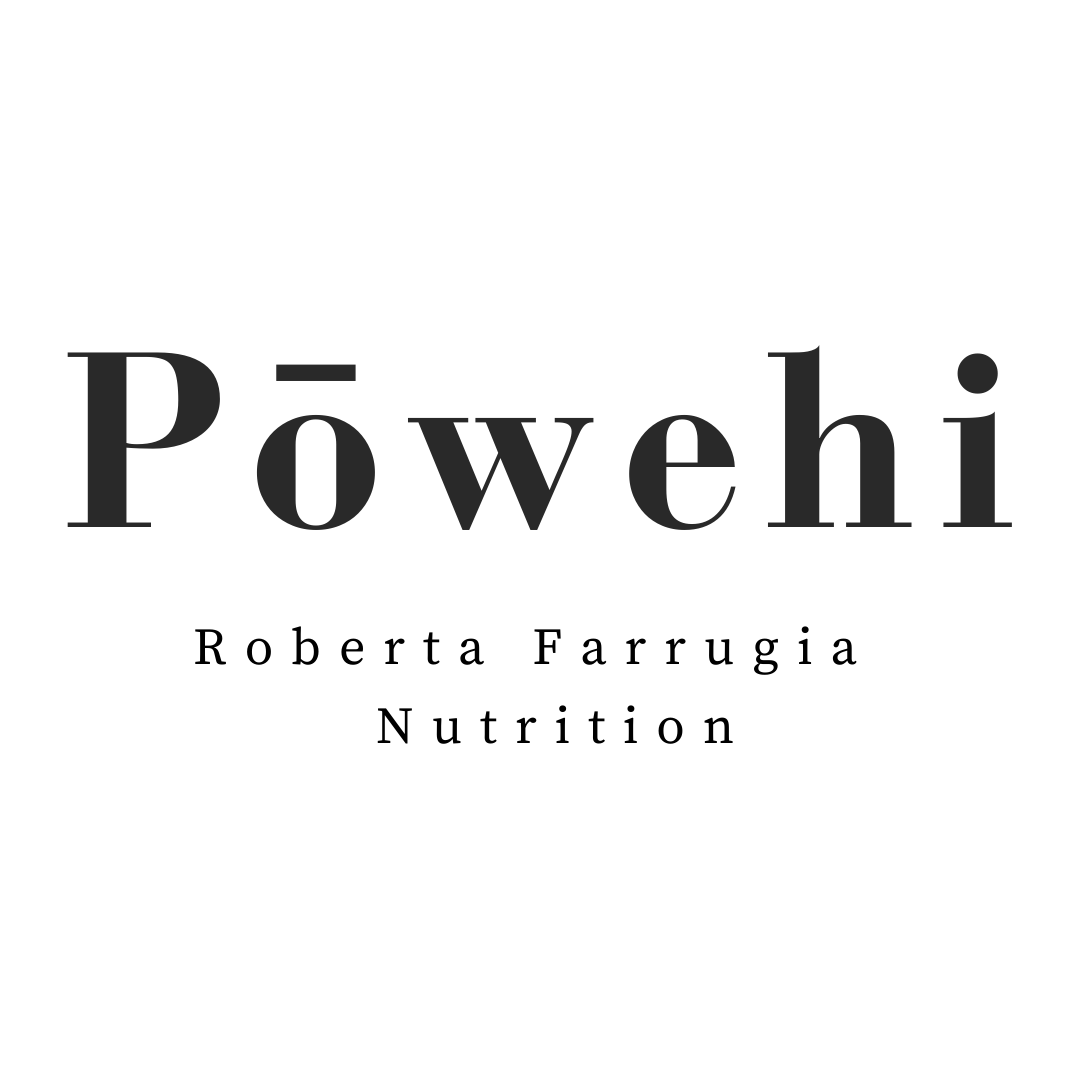In today’s world, where the demands of work, family, and personal aspirations continue to grow, many women find themselves prioritising convenience over foundational health practices. They manage the stress with quick fixes like birth control, prescription pills, and fad diets, without addressing the core of what our bodies need to thrive. Let me be clear; medical advancements have provided women with options that have transformed our ability to live, work, and manage symptoms. For those who struggle with debilitating menstrual symptoms, tools like birth control and hormonal IUDs have opened doors that were previously closed. But while these are incredibly valuable tools, they can sometimes overshadow the deeper, foundational aspects of hormone health that can profoundly impact overall well-being.
Hormones are not just “period problems”; they’re crucial regulators that impact everything from mood and energy to sleep and metabolism. By neglecting basic lifestyle needs like balanced nutrition, rest, and stress management, many women are unintentionally harming their hormonal balance. And in the race to meet the demands of modern life, some women are following popular diets, such as intermittent fasting, that aren’t always aligned with the unique requirements of female hormones.
Why Long-Term Intermittent Fasting Works Better for Men Than Women
Intermittent fasting (IF) has become a popular approach to weight loss and energy management, with countless men and women alike reaping benefits. But here’s the catch; intermittent fasting affects men’s and women’s hormones in very different ways. Men’s hormones, which follow a 24-hour cycle, are typically less affected by prolonged fasting periods. For them, IF can improve insulin sensitivity and support stable energy levels without significant disruption to hormone function.
Women’s bodies, however, operate on a 28-day hormonal cycle, involving fluctuating levels of estrogen, progesterone, and other key hormones. Women are biologically designed to nurture, and the body’s “priority” system constantly assesses energy availability. When a woman restricts food intake too intensely or for too long, the body can perceive this as a threat to energy resources, which can trigger stress hormones and even disrupt reproductive hormone levels. Long-term intermittent fasting in women can sometimes lead to:
– Reduced food intake signals to the body that it’s not an optimal time for reproduction, leading to disrupted menstrual cycles.
– Prolonged fasting can raise cortisol levels, worsening stress and its impact on hormonal balance.
– IF can impact ovulation, even in women not actively trying to conceive.
These effects are a reminder that women’s bodies need consistent nourishment to function at their best. A lifestyle that honours our unique biology can improve how we feel, look, and perform at all levels.
The Essentials for Hormone Health: Vitamins and Minerals Women Need
Hormone balance is complex, but it starts with simple building blocks; key nutrients that support female physiology. Here are some of the crucial vitamins and minerals that help balance female hormones:
- B Vitamins (especially B6 and B12) – These are essential for energy production, mood stability, and reducing premenstrual syndrome (PMS) symptoms.
- Magnesium – Known as “nature’s relaxant,” magnesium supports stress reduction, sleep quality, and helps reduce PMS symptoms.
- Zinc – Important for reproductive health, zinc can help reduce acne and support immune health, which is closely tied to hormone balance.
- Vitamin D – This vitamin is critical for regulating mood, immune function, and hormonal balance, especially for women dealing with conditions like PCOS.
- Omega-3 Fatty Acids – Found in some seeds, these are anti-inflammatory and can improve menstrual pain, mood, and skin health.
- Iron – Important for energy, especially since many women experience iron loss during menstruation. Adequate iron is vital for overall vitality and hormone function.
Honouring Hormonal Health Through Lifestyle
While modern medicine has empowered us, it’s crucial to recognize that true hormonal health requires a lifestyle approach. Nourishment, restful sleep, mindfulness, and stress management are foundational for sustainable hormone balance. Adopting a diet and routine that works in sync with your body’s natural rhythm; not against it, can transform energy levels, clarity, and confidence.
As a holistic nutritionist, my mission is to guide women toward a deeper understanding of how nourishing their unique biology can help them achieve balance, vitality, and lasting health. Every woman deserves a personalised approach to hormone health that respects her unique cycle, life stage, and lifestyle demands. Let’s move away from quick fixes and embrace a holistic path to true well-being.
Sign up to Beyond Energised for full access to hormone-balancing meal plans and much more!


